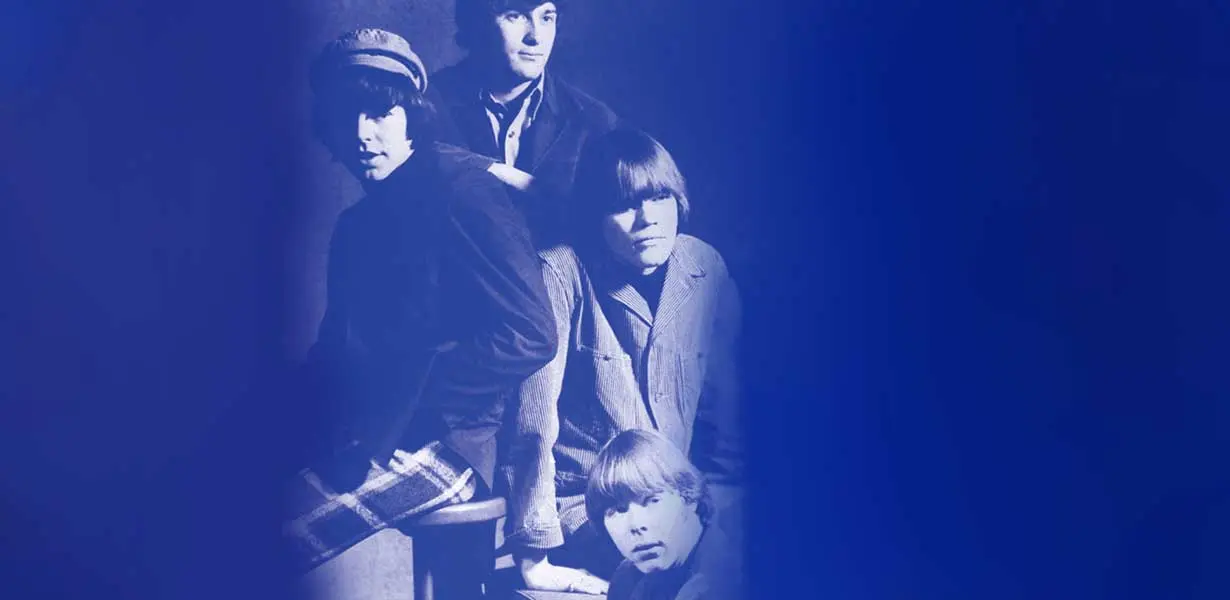Born in Detroit, MI, in May 1945, Bob Seger has always stayed true to his legendary sound, marrying blues, country and heartland soul into his trademark brand of Motor City rock ‘n’ roll. Early in his career, he performed and recorded with several local groups including the Decibels, the Town Criers and the Omens, leading up to his breakthrough success with “Ramblin’ Gamblin’ Man” (1969) and “Night Moves” (1976).
After The Omens split up, Seger formed his own group and while writing for The Underdogs, he co-authored their single “Get Down On Your Knees.” After a failed attempt by The Underdogs to record the Seger-penned “East Side Story,” Seger was encouraged to record it himself and it was released in June of 1966 under the name Bob Seger. The fantastic single was quickly reissued by Cameo Records just 6 months later, with Bob Seger & The Last Heard on the label, cementing the band’s name.
With the help of former bandmate Doug Brown, the group recorded four more singles for the Cameo label over the course of the next year culminating with “Heavy Music” in July 1967. Launched with a simple but catchy bassline with snaps and claps to get the groove going, “Heavy Music” became a hit locally in Detroit, and the band appeared on the local Detroit TV show Swingin’ Time. The 45 of “Heavy Music (Part 1)” backed with “Heavy Music (Part 2)” charting at #103 in Billboard and #70 in Cashbox.
Stylistically, Bob Seger & The Last Heard went beyond the simple garage rock stomp and stammer formula and spread their wings lyrically and sonically in a few short years. “Persecution Smith” pokes fun at half-hearted revolutionaries in a style reminiscent of “Bob Dylan’s 115th Dream,” “Sock It To Me Santa” (released for Christmas, 1966) references James Brown’s “Papa’s Got a Brand New Bag,” and “Heavy Music (Part 1)” carries a Spencer Davis Group swagger before “heavy” music was even a term in the popular vernacular. “East Side Story” is an urban saga that tells the story of a woman in a tenement apartment begging her man not to head uptown with his knife; placed akin to a tune reminiscent of “Gloria” by Them.
He had a string of Top 10 and Top 40 hits in the 1970’s and 80s. A prolific performer, Seger was a big concert draw when arena rock became hugely popular and he toured relentlessly, drawing packed houses.
A roots rocker with a classic, raspy, shouting voice, Seger wrote and recorded many songs dealing with blue-collar themes. He also co-wrote the Eagles #1 hit song “Heartache Tonight” featured on their 1979 album The Long Run; their collaboration was a result of Seger’s and Glenn Frey’s early days together as musicians in Detroit.
Seger’s “Like a Rock” was featured in a long-running Chevrolet ad campaign from 1991 to 2004, and Seger authorized the use of the song in support of the struggling American automobile workers in his hometown of Detroit.
With a career spanning over six decades, Seger has sold more than 75 million records and has earned 13 platinum and 7 multi-platinum RIAA Certified sales awards. Seger was inducted into the Rock and Roll Hall of Fame in 2004 and the Songwriters Hall of Fame in 2012. He was named Billboard’s 2015 Legend of Live honoree at the 12th annual Billboard Touring Conference & Awards in New York.






